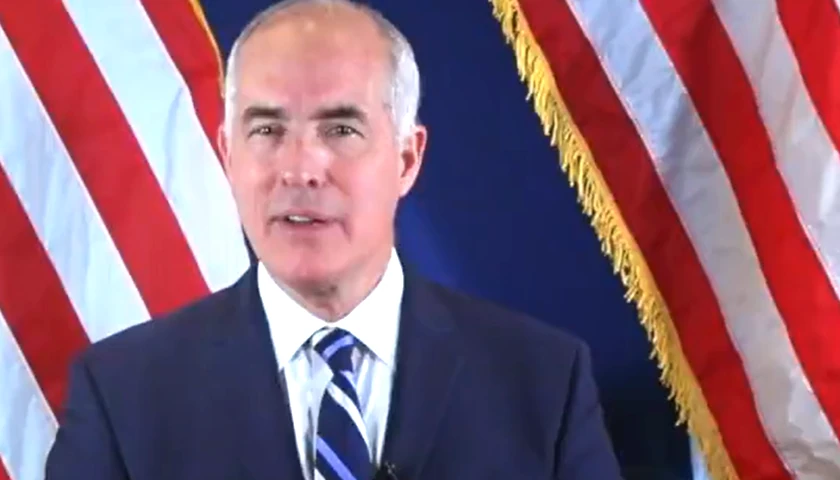by Francisco Zuniga
A couple of months ago, a friend of my wife and of mine, a young Italian priest, was visiting with us. Our conversation veered toward youth books and movies. Our friend lamented what he perceived as a lack of substance in contemporary books and movies for young people. He said that the books kids read and the movies they watch should reflect the truth and impel them toward right living and virtue, instead of simply mirroring the symptoms of a wounded culture. Perhaps my friend was onto something.
In the Nicomachean Ethics—Aristotle’s work on ethics, morality, and the goal of human living—the Greek thinker states that the good, as in goal, of human life is eudaimonia. Roughly, this means living in a way that expresses or results in virtue or excellence. As Aristotle writes, “Human good turns out to be activity of soul in accordance with virtue.”
According to Aristotle, happiness is achieved when we do that which is excellent, when we act in excellent ways, and when those actions and ways of living result in excellence. I believe literature’s ultimate purpose—and consequently that of film—is to help us lead excellent lives that result in virtue and, therefore, happiness.
Of course, a good novel entertains, as does a good movie. Nonetheless, entertainment should not be the end goal of reading a book or watching a nice movie. When an old Celtic shanachie or an elder in a Mayan village related stories to the people, his purpose was to teach them something about their lives. The stories usually had some moral or advice from which the people could benefit practically.
The books we read to our sons, daughters, and students and the movies we let them watch need to be works that help them act in excellent ways, make excellent decisions, and produce excellent ideas. In other words, they should help them achieve eudaimonia. This is especially urgent at a time of crisis during which mankind, particularly in the West, is undergoing a profound shift.
Consider The Hobbit by J.R.R. Tolkien. Bilbo Baggins, the main character, is a picture of many of us. He is comfortable in a lazy existence. There is little point to his life other than eating, sleeping, smoking his pipe, and daydreaming. This can be translated to eating, sleeping, and spending hours on social media or watching one Netflix series after another. Then one day, Gandalf appears at Bilbo’s door followed by a raucous band of dwarves. They get Bilbo to join them on a mission to confront Smaug, a dragon who has stolen the dwarves’ home and treasure.
Bilbo’s journey obliges him to step out of his personal comfort zone. He learns to be courageous, resourceful, and selfless. At the end of the story, Bilbo has become a mature hobbit (or man). His life is now full of meaning. He has discovered the truth about the world beyond the Shire, and most importantly, he has discovered the truth about who he really is.
A story like The Hobbit has the potential to teach children about the unexpected turns of life that can either be rejected as curses or accepted as opportunities to grow stronger and wiser. It can help children on their way toward virtue and excellence.
This question about literature and film invites us to take a careful look at the books and movies our children are reading and watching. SpongeBob SquarePants can be as hilarious as it is, but does a half-hour’s viewing of the cartoon series teach a son, a daughter, or a student to deal with sibling tensions, divorce, or even a death in the family? What can a graphic novel such as The Cardboard Kingdom teach a child when one of the characters, Jack, is a boy who insists on playing a female character in his imaginative play with his sister and neighborhood friends? Will this story help a young reader make choices that lead to his happiness, or will it confuse his natural and foundational sense of the truth, the world he inhabits, and his place in all of it?
Homo sapiens is a procreative species. That does not suggest merely the capacity to mate and reproduce—those are only one aspect of creating and raising the next generation. The sapiens part of homo sapiens means wise, reminding us that we need to be nurtured in wisdom, excellence, and virtue. Parents and teachers have the privilege and responsibility of nourishing the youth with excellence and wisdom. Books and movies, when selected with discernment and prudence, have the power to aid in that endeavor.
– – –
Francisco Zuniga is a contributor to The Intellectual Takeout.




